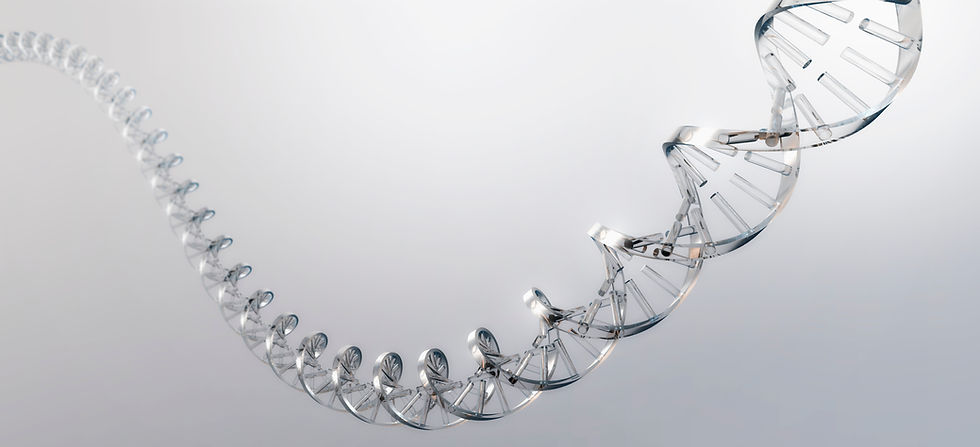GSK is set to remunerate 23andMe Holding Co. with $20 million for access to the extensive pool of consumer DNA data held by the genetic testing company, thereby extending their five-year collaborative partnership. This collaboration has enabled the pharmaceutical firm to utilize genetic data in its research for new medications.

Under the terms of this new agreement, 23andMe will furnish GSK with one year of access to de-identified DNA data derived from roughly 80% of gene-testing clients who have consented to share their data for research, according to a statement from 23andMe. Additionally, the genetic testing firm will offer data analysis services to GSK. Although 23andMe is most renowned for its DNA testing kits that provide customers with ancestry and health insights, the genetic data it collects holds significant value for scientific research. With data from more than 14 million clients, 23andMe's dataset is rivalled in size only by Ancestry.com and the Chinese government.
For pharmaceutical companies, the objective is to sift through this data to uncover clues about genetic pathways that may underlie various diseases, potentially expediting the typically lengthy drug development process. GSK and 23andMe have previously advanced a prospective medication to clinical trials – a cancer drug designed to inhibit CD96, a protein involved in regulating the body's immune responses. This advanced to the testing phase within four years, as opposed to the industry average of around seven years.
In total, the collaboration between GSK and 23andMe has yielded more than 50 new drug targets, as outlined in the statement.
This new agreement introduces changes to certain aspects of their collaboration. Any findings that GSK extracts from the 23andMe data will now be the exclusive property of the British pharmaceutical giant, while the genetic testing company stands to receive royalties for specific projects. Previously, the two firms jointly pursued novel drug targets.
Importantly, GSK's updated deal with 23andMe is non-exclusive, granting the genetic testing company the liberty to license its database to other pharmaceutical entities.
Anne Wojcicki, CEO of 23andMe, has articulated her aim to leverage the scale of genetics to revolutionize healthcare. The company has independently developed a monoclonal antibody drug that is currently undergoing clinical trials. Just last week, 23andMe unveiled a new DNA-sequencing product priced at $1,188, designed to assist customers in gaining deeper insights into health-related risks concealed within their DNA.
Customers who have shared their DNA data with 23andMe have typically consented to the use of their data for research and may have agreed to the company's terms and conditions, including provisions related to data sharing. The legal impact on customers in this context is primarily determined by the terms of the consent and privacy agreements they have with 23andMe.
Customers may want to review their agreements with 23andMe to understand how their genetic data may be used in the future. If they have concerns or objections regarding data usage, they should refer to the terms and conditions they agreed to when providing their DNA samples.
Comments